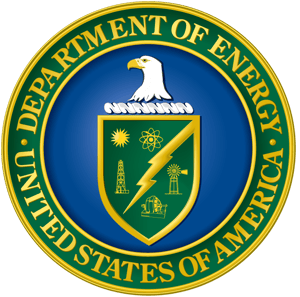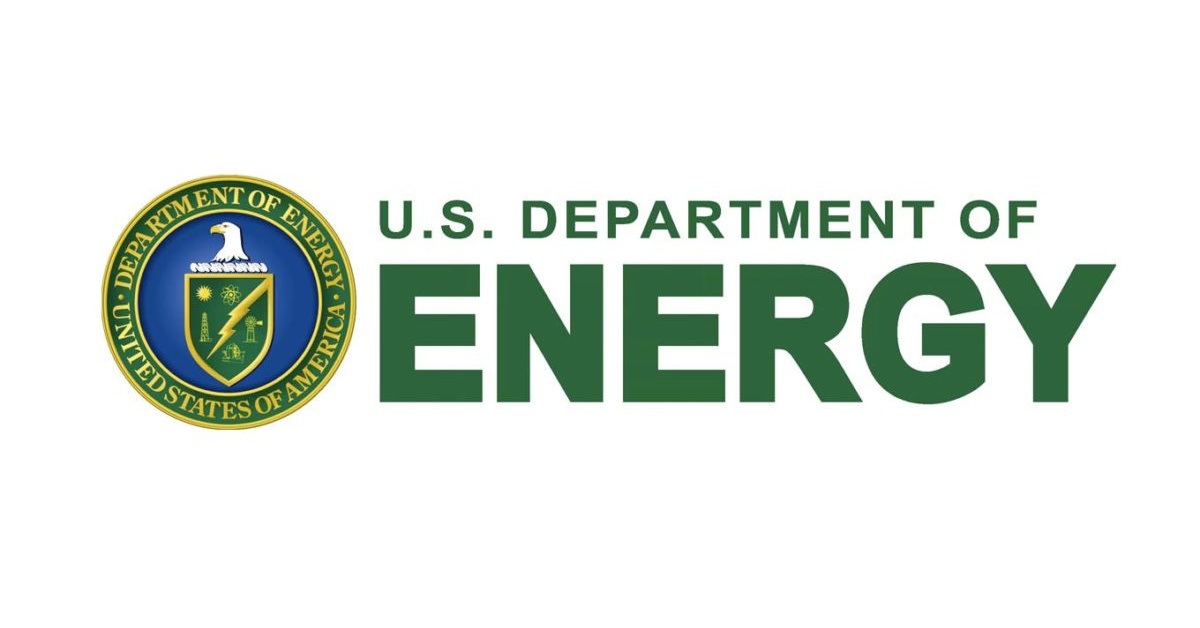
WASHINGTON, D.C. — Monday, U.S. Secretary of Energy Jennifer M. Granholm traveled to Michigan to highlight the Bipartisan Infrastructure Law’s investments in domestic manufacturing to accelerate the clean energy transition and meet President Biden’s climate goals.
Secretary Granholm first traveled to East Lansing where she participated in a ribbon-cutting to unveil the Facility for Rare Isotope Beams (FRIB), funded by the Department’s Office of Science, at Michigan State University. She was joined by Michigan Governor Gretchen Whitmer, U.S. Senators Debbie Stabenow (MI) and Gary Peters (MI), and U.S. Representatives Elissa Slotkin (MI-08), Brenda Lawrence (MI-14), and Tim Walberg (MI-07). The group praised the facility for its future work to boost the nation’s innovative capacity and global competitiveness while playing a pivotal role in making America the global leader in rare isotope nuclear science research.
Secretary Granholm then finished the day by traveling to Detroit where she announced two funding opportunities, authorized by the Bipartisan Infrastructure Law, totaling $3.16 billion to boost American battery manufacturing and recycling, and strengthen domestic supply chains. The Secretary made the announcement at Focus: HOPE, a non-profit organization specializing in community and workforce development to overcome racism, poverty, and injustice within the city of Detroit. She was joined by U.S Representative Debbie Dingell (MI-12), AFL-CIO Industrial Union Council Executive Director Brad Markell, UAW Vice President Cindy Estrada, and President of Michigan Energy Innovation Council Laura Sherman.
IN THE MEDIA
FRIB Ribbon Cutting
At MSU, Granholm spoke about the impact the new facility will have on Michigan and the country, as FRIB is expected to become the nation’s premiere center for nuclear research.
“We’re going to invest in curiosity-based research, and research that leads to cures for cancer, that leads us to be safe in a nuclear age,” Granholm said. “We’re going to invest in the future.”
Michigan Radio (NPR): MSU holds ribbon cutting ceremony for particle accelerator
Equipment at the facility crashes atoms into each other at half the speed of light to produce rare isotopes sometimes only found in places like deep space. Isotopes are variants of atoms -- each has the same number of protons but differing numbers of neutrons. The FRIB can make different kinds of isotopes for various uses.
“We are not going to be overtaken by China or by others who are equally hungry to be in the lead. We have to invest in order to be in the lead,” U.S. Secretary of Energy Jennifer Granholm said at the ribbon cutting.
Granholm, the former governor of Michigan, emphasized the need nationwide to invest in nuclear power.
“We cannot walk away from our nuclear energy. Nuclear energy is zero-carbon emitting, base low power. We want to see more of it,” said Granholm.
Michigan Advance: Granholm, Whitmer, members of Congress cut ribbon for MSU’s $730M nuclear research facility
The U.S. Energy Department’s Office of Science (DOE-SC) first announced the project in December 2008, selecting MSU to design and construct the first-of-its-kind facility. Granholm said that year was otherwise “brutal.” She was in her second term as Michigan’s governor when the Great Recession hit, which left the state and nation reeling economically.
“Many of us up here were working together to try and lift Michigan from its knees. And it was hard,” Granholm said, gesturing to the lawmakers on stage. “In 2008, the notion of being able to give people hope about the future was really important, even as people were struggling so much.”
Investments in Battery Supply Chain
Detroit Free Press: Biden administration announces $3B in grants for electric vehicle battery production
Visiting Focus: HOPE, a community and workforce development nonprofit organization, Granholm said the help that will be provided by the infrastructure bill is "just the tip of the iceberg."
“We built car 1.0 (in Michigan), you better believe we’re going to build car 2.0, which is the electric vehicle,” Granholm said.
Crain’s Detroit: Facility for Rare Isotope Beams to open at Michigan State University
U.S. Energy Secretary and former Democratic Michigan Gov. Jennifer Granholm said during an event in Detroit on Monday that the $3.1 billion being provided by the federal government will actually be doubled to more than $6 billion. That's because private sector companies will have to match federal funds, which will create a windfall for the sector, Granholm said.
"That's a lot of money to build out this part of the supply chain," Granholm said. "And that means that's a lot of jobs to build out this part of the supply chain.
So how do you get companies to make the batteries that we are going to need right here in the USA? One way is to subsidize it. In the bipartisan infrastructure law that the president signed last November, U.S. Energy Secretary Jennifer Granholm said Congress provided funding to do just that.
“In that law, there was a big slug of money for the future of the auto industry, in particular for the guts to the electric vehicle, which is the battery of the electric vehicles,” explained Granholm.
FOX2 Detroit: Energy Secretary Granholm announces $3.1 billion in funding opportunities for electric vehicle batteries
During a visit to Detroit, U.S. Energy Secretary Jennifer Granholm announced $3.1 billion in funding opportunities for electric vehicle battery production.
"Right now, the processing of the materials that go into that battery largely happen in China. We don’t have any processing in the United States, and that means more jobs," she said.
WWJ NewsRadio 950: Granholm makes EV battery funding announcement in Detroit
She [Secretary Granholm] says the president’s investment in battery production and recycling “will give our domestic supply chain the jolt it needs to become more secure and less reliant on other nations.”
“All of the pieces of the clean energy sector – we need to build them all here, and the president has fought through, through the bipartisan infrastructure law, as well as through the next step in his agenda, which is the tax credits for the clean energy to be able to do manufacturing," Granholm said.
SOCIAL MEDIA
Senator Gary Peters: The Facility for Rare Isotope Beams @michiganstateu is open for business! I was proud to help secure funding over the years to make the FRIB possible. This is going to be a game-changer and national priority that will ensure Michigan is a leader in innovation.
Representative Brenda Lawrence: Joined @SecGranholm, @GovWhitmer, @michiganstateu& my congressional colleagues for the ribbon-cutting ceremony of FRIB—the world’s premier rare isotope beam facility. As @AppropsDems Vice Chair, I’m proud to have gotten the federal funding needed for this cutting-edge facility.
Representative Elissa Slotkin: From nuclear security & engineering to environmental science & medicine, there are so many groundbreaking implications. I’m grateful to the team at @michiganstateu who have been such terrific partners with my office as we’ve worked to secure federal funding to make this possible.
Representative Dan Kildee: By opening the new @FRIBLab at @michiganstateu in mid-Michigan, we're creating jobs and investing in our state’s economic future. I'm proud to have supported this project, and I'll continue working in Congress to advance scientific innovation and research in Michigan.
Representative Tim Walberg: What an exciting day, that was years in the making, to see the ribbon-cutting of the Facility for Rare Isotope Beams. This esteemed research facility will attract the best and brightest from all over the globe to @michiganstateu to advance innovation and scientific discovery.














